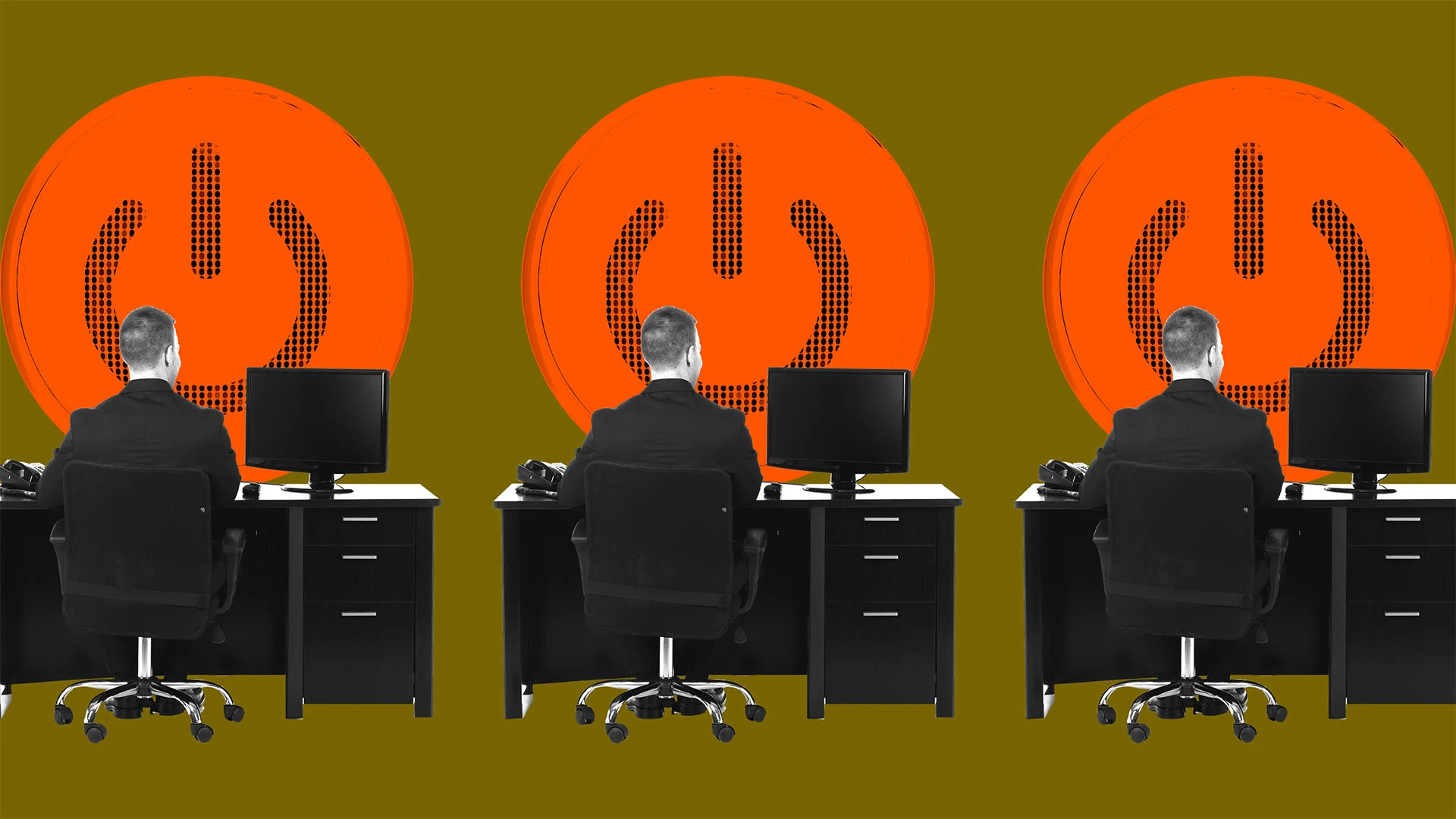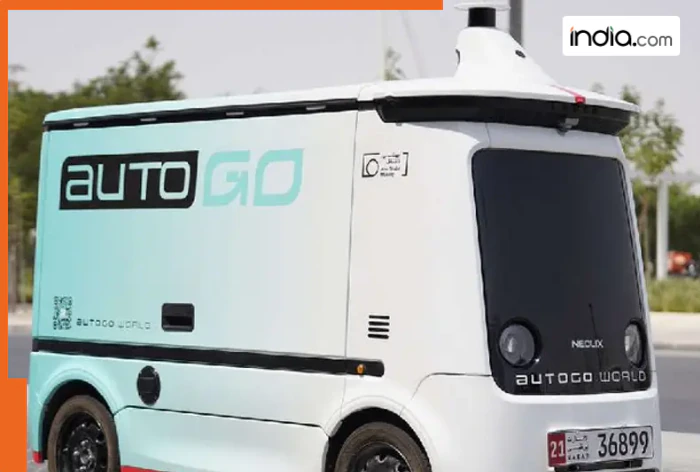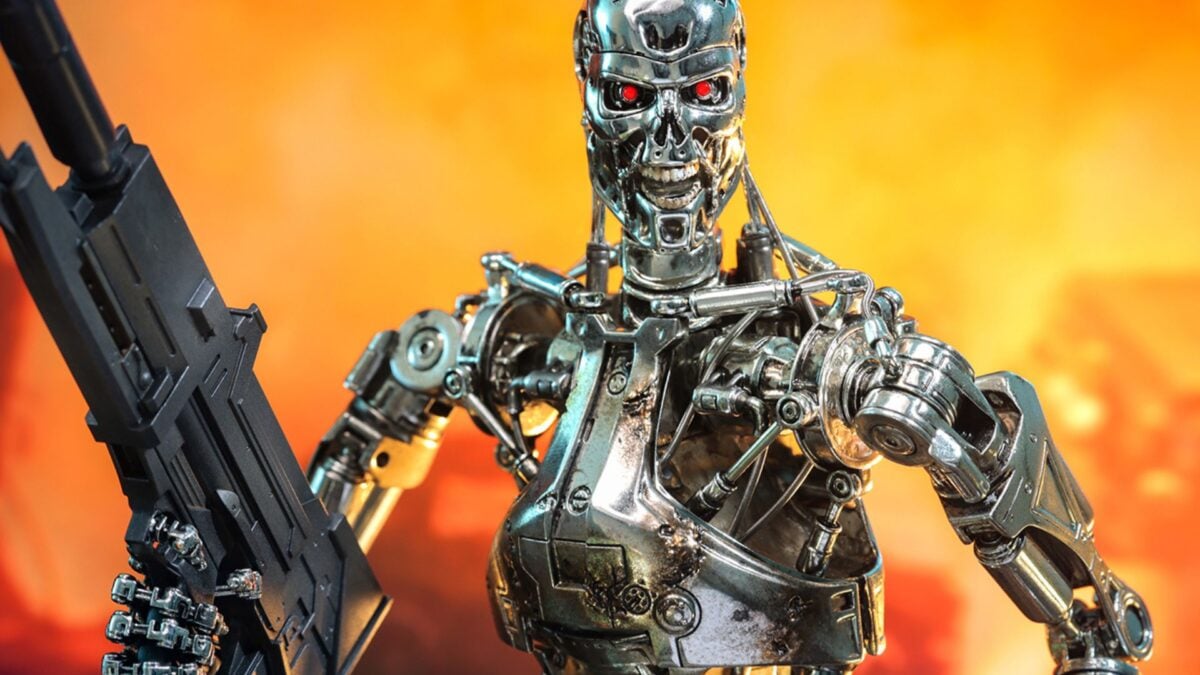
There have been a lot of terrifying headlines when it comes to artificial intelligence. Some reports say AI is preventing young people from gaining jobs. Anthropic’s CEO Dario Amodei has declared that AI could wipe out more than half of all entry-level white-collar jobs. AI pioneer Yoshua Bengio even warned the technology could lead to human extinction. Finally, though, there’s some good news.
A new study from economists at the Yale University Budget Lab and the Brookings Institution, a prominent think-tank, says the doomsayers are wrong—and there is, as yet, very little evidence that AI is putting people out of work.
“While the occupational mix is changing more quickly than it has in the past, it is not a large difference and predates the widespread introduction of AI in the workforce,” the report reads. “Currently, measures of exposure, automation, and augmentation show no sign of being related to changes in employment or unemployment.”
The report looks at the labor market since OpenAI’s ChatGPT made its debut 33 months ago. So far, say the researchers, the metrics have not shown any discernible disruption in that time. That might run counter to the chatter, but the team behind the study says the finding is really not surprising at all.
Featured Video
An Inc.com Featured Presentation
“Historically, widespread technological disruption in workplaces tends to occur over decades, rather than months or years,” the report reads. “Computers didn’t become commonplace in offices until nearly a decade after their release to the public, and it took even longer for them to transform office workflows. Even if new AI technologies will go on to impact the labor market as much, or more, dramatically, it is reasonable to expect that widespread effects will take longer than 33 months to materialize.”
As for those claims that AI is the reason recent graduates can’t find work? So far, the data doesn’t support those either. Researchers looked at jobless rates between older and more recent grads. Those who just exited school are finding it a bit harder to secure a job, but the report says if AI were to blame, the difference between the two would be much larger. While cautioning that the sample size needs to be larger before any firm conclusions are made, it indicates the overall labor market could bear the blame for the challenges in finding a job instead of AI.
Several fields that have been predicted to feel the impact of AI, as well, have emerged much more unscathed than people have warned. Office and administrative support jobs and computer and mathematical positions, two of the most frequently said to be at risk, have only seen minor disruptions. The same goes for management and sales positions.
That’s not to say, however, that AI won’t eventually have a negative impact on the job market. Like other technologies, AI is likely to evolve in the coming years. Current analysis, including this study, researchers warn, is not predictive. As a result, Yale and the Brookings Institution plan to update the data on a monthly basis, to keep a look out for future AI disruption
“While anxiety over the effects of AI on today’s labor market is widespread, our data suggests it remains largely speculative,” the report reads. “The picture of AI’s impact on the labor market that emerges from our data is one that largely reflects stability, not major disruption at an economy-wide level. While generative AI looks likely to join the ranks of transformative, general purpose technologies, it is too soon to tell how disruptive the technology will be to jobs.”



